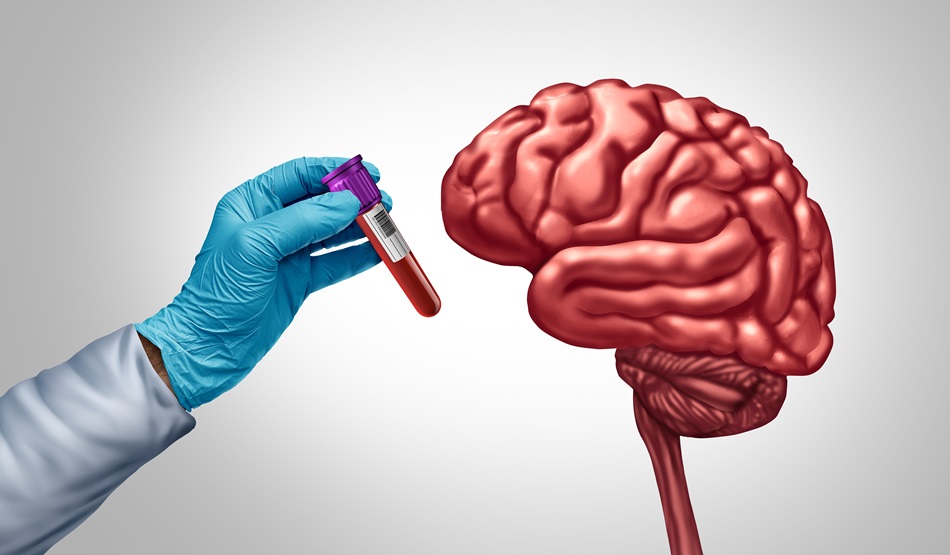New Alzheimer’s Detecting Blood Tests Perform across Broad Range of Races and Ethnicities
Posted on 29 Feb 2024
Alzheimer's disease, which traditionally requires costly scans or invasive spinal taps for diagnosis, is now closer to being more easily identified through innovative blood tests. This advancement is particularly crucial with the recent approval of disease-modifying treatments for Alzheimer’s. Now, the results of a study have shown how new Alzheimer’s detecting blood tests perform across a broad range of races and ethnicities for the first time.
The Global Alzheimer’s Platform Foundation (GAP, Washington, DC, USA) is releasing the first results from the Bio-Hermes-001 Study. To address diagnostic challenges in Alzheimer's disease, GAP formed a unique coalition of top biopharma, digital technology firms, nonprofit partners, and 17 clinical research sites from the GAP network (GAP-Net) across the US for the Bio-Hermes study. Conducted with over 1,000 participants from various US communities, the study compared blood and digital biomarker results with brain amyloid PET scans and cerebrospinal fluid assays. The study found a strong link between several blood tests, especially p-tau 217, and the presence of amyloid plaques in the brain, a key indicator of Alzheimer's disease.

This correlation was consistent across the study's diverse population, which notably included 24% of participants from African American, Latino, and other traditionally underrepresented groups, offering an unprecedented level of diversity. The study prioritized inclusive participation since African Americans are twice, and Hispanic populations 1.5 times, more likely to develop Alzheimer’s and related dementias than older White Americans. The reasons for this disparity remain unknown. These insights are set to revolutionize the efficiency, affordability, and accuracy of Alzheimer's diagnosis and speed up patient enrollment in clinical trials.
“This paper moves the field ahead in simplifying the diagnosis of Alzheimer’s disease. The results show that blood tests are very good for identifying persons with amyloid plaques in brain,” said Dr. Richard Mohs. “The blood tests worked for people with or without symptoms of disease and for persons of all racial and ethnic backgrounds. The field still struggles to enroll members of underrepresented minorities in clinical trials, but these results show that with sufficient outreach and recruitment efforts, blood tests can be used to identify appropriate study participants.”
Related Links:
GAP













